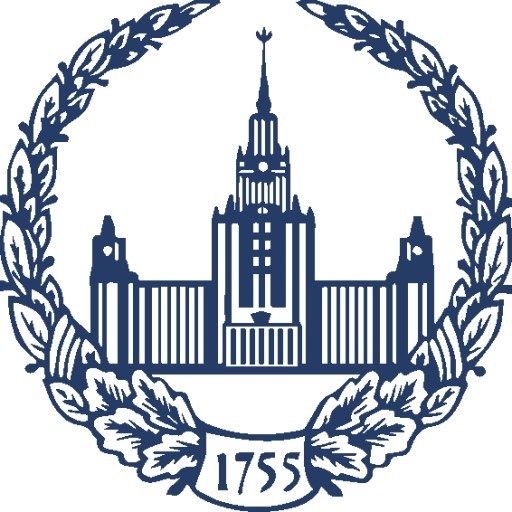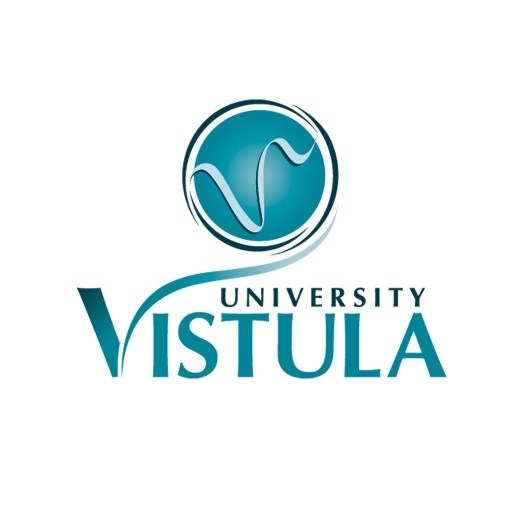Photos of university
The Bachelor of Arts in International Economics at the University of Notre Dame offers students a comprehensive understanding of global economic principles and the intricate relationships that shape international markets. This program is designed for students interested in exploring how economies operate across borders, analyzing trade policies, monetary systems, and the economic impact of international organizations. Throughout the course of study, students engage with a diverse curriculum that combines core economic theories with real-world applications, preparing them to address complex problems faced by governments, multinational corporations, and international agencies. The program emphasizes critical thinking, quantitative analysis, and effective communication skills, enabling graduates to excel in careers related to international trade, finance, economic policy, and development. Students have opportunities to participate in research projects, internships, and study abroad programs, gaining practical experience and global perspectives essential for success in the interconnected world economy. Notre Dame’s renowned faculty members bring expertise from various fields within economics, offering mentorship and fostering an environment of intellectual inquiry. The program also integrates relevant courses in political science, international relations, and area studies to provide a well-rounded understanding of the geopolitical factors influencing economic decisions. Graduates of the International Economics program are well-equipped to pursue advanced degrees or enter competitive roles in finance, consulting, policy analysis, and international organizations. With its blend of rigorous coursework and experiential learning, the program prepares students to become innovative thinkers and effective contributors in the dynamic field of international economics.
- Principles of Microeconomics
- Principles of Macroeconomics
- Intermediate Microeconomic Theory
- Intermediate Macroeconomic Theory
- Statistics
- Econometrics
Two electives focused on International economic topics. The available electives will vary by semester. Some past courses which have satisfied this requirement are:
- International Trade
- International Money
- Development Economics
- A completed Common Application or Coalition Application AND the Notre Dame supplement
- A completed 2017-2018 Certification of Finances plus financial documentation verifying the totals on the Certification of Finances
- An official transcript or record of academic achievement in secondary school
- Official results of the SAT or the ACT Assessment
- Official results of the Test of English as a Foreign Language (TOEFL) or the International English Language Testing System (IELTS), if applicable. We strongly recommend a score of 100 or higher on the Internet based TOEFL or a 7.5 or higher on IELTS
- A letter of evaluation from a teacher, headmaster, or counselor
- A $75 non-refundable application fee
- A copy of your passport
- A completed CSS/Financial Aid PROFILE if applying for need-based financial aid
The University of Notre Dame offers a range of financing options for students enrolled in the International Economics program to support their academic pursuits and ease financial burdens. Undergraduate students can apply for scholarships, grants, and need-based financial aid through the university’s Office of Financial Aid. Merit-based scholarships are awarded based on academic achievement, leadership qualities, and extracurricular involvement, with domestic and international students both eligible. Need-based grants consider the student’s and their family’s financial situation, ensuring access to education regardless of economic background. Notre Dame also provides work-study opportunities, allowing students to earn money through on-campus employment that complements their studies.
For graduate students pursuing advanced degrees in International Economics, the university offers assistantships and fellowships, which often include a tuition waiver and a stipend in exchange for research or teaching responsibilities. External funding sources such as government grants, private foundations, and international organizations may also be available to support graduate research, with students encouraged to explore relevant opportunities.
Notre Dame's Financial Aid Office provides comprehensive counseling to help students identify suitable funding options, prepare necessary documentation, and understand the application procedures for various financial assistance programs. International students are advised to demonstrate financial capacity for visa purposes but can benefit from the same scholarship and aid options as domestic students, contingent on the specific eligibility criteria.
Additionally, Notre Dame’s commitment to affordability is underscored by its transparent cost of attendance figures, which include tuition, fees, housing, food, and personal expenses. The university also offers payment plans to facilitate manageable, monthly installment payments. For students requiring additional financial support, external private loans with favorable terms are an option, and guidance is available to navigate the loan application process.
Overall, Notre Dame aims to ensure that financial considerations do not impede qualified students' access to its International Economics program. The variety of funding opportunities, combined with personalized guidance, enables students to pursue their academic and professional goals with confidence, supported by robust financial backing.
The International Economics program at the University of Notre Dame offers students a comprehensive education in the economic principles that influence global markets and international trade. The curriculum covers a wide range of topics including international trade theory, fiscal and monetary policy, economic development, and the impact of globalization on different economies. Students are encouraged to develop strong analytical skills and gain an understanding of the complex factors that drive international economic relationships. The program often includes coursework in economic modeling, quantitative analysis, and policy analysis, preparing graduates for careers in government, international organizations, finance, and research institutions. Notre Dame's emphasis on integrating ethics and social responsibility ensures that students consider the broader impacts of economic policies and decisions on societies worldwide. In addition, students have opportunities for experiential learning through internships, research projects, and study abroad programs, which enhance their understanding of international economic issues in real-world contexts. The faculty comprises leading experts in economics and related fields, providing mentorship and cutting-edge insights. Upon graduation, students from the International Economics program at Notre Dame are equipped with the knowledge and skills to analyze international economic issues critically and to develop solutions that promote sustainable growth and cooperation across countries. The university's strong alumni network and partnerships with global organizations further support students’ career development and professional networks. Overall, the program aims to prepare students for impactful careers in international economics, global development, public policy, and beyond, fostering a deep understanding of how economic systems operate on the world stage.










